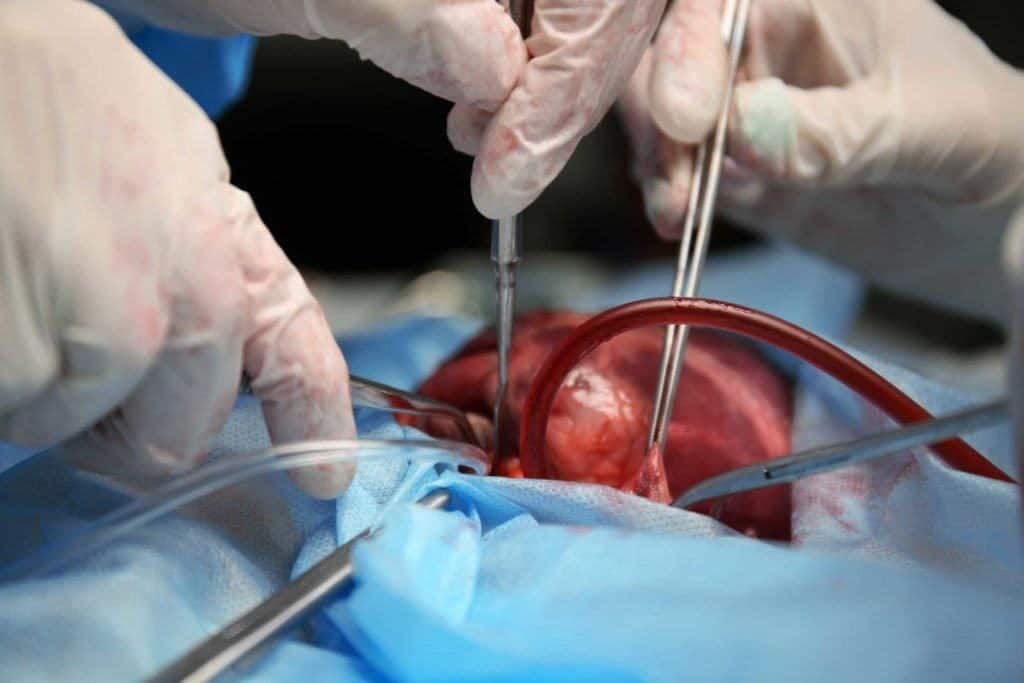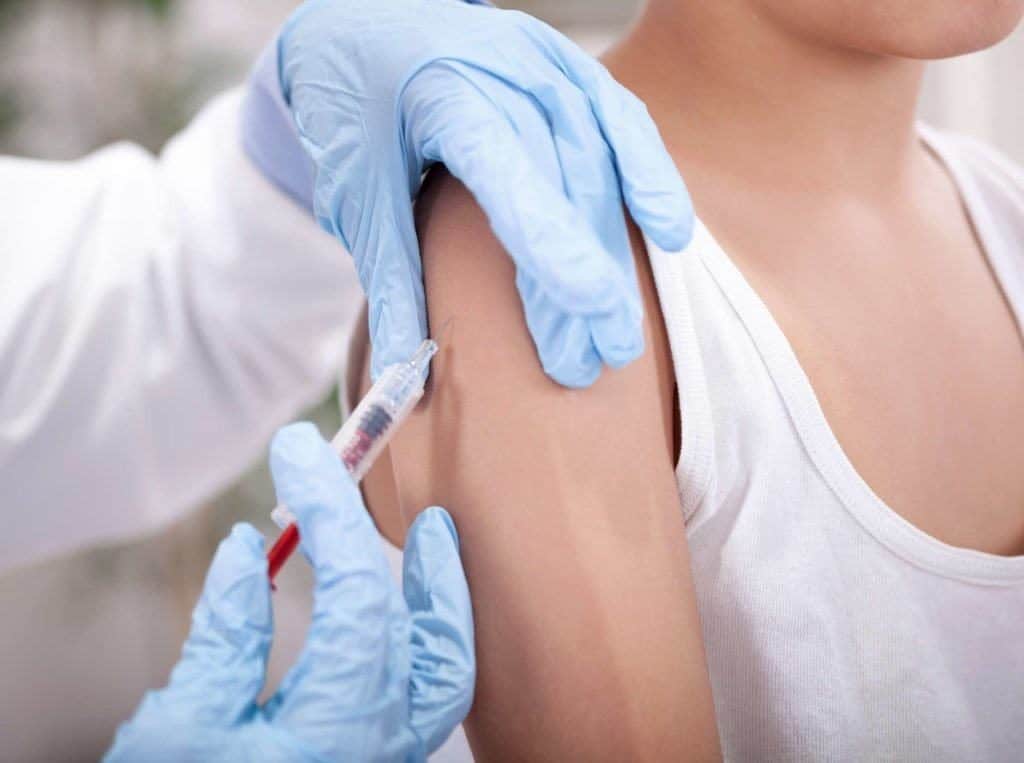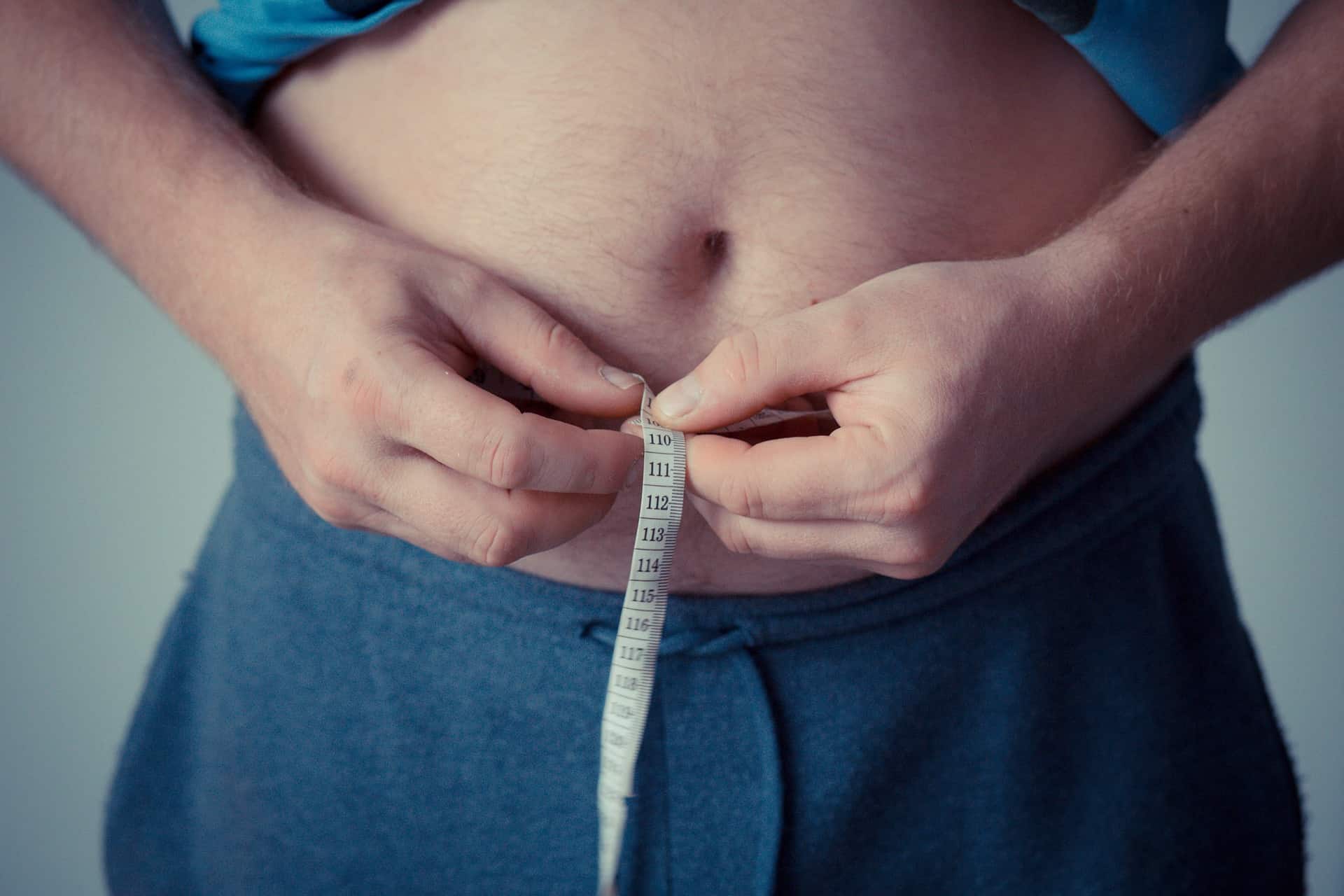Contents:
- Medical Video: Have You Ever Wondered What Happens During a Heart Transplant?
- Who can be a candidate for a heart transplant recipient?
- This is a heart transplant procedure
- Healing
- Follow-Up
- Life expectancy and results
Medical Video: Have You Ever Wondered What Happens During a Heart Transplant?
Heart transplantation is a procedure in surgery that is usually performed for cases of serious heart disease. This is an option for treatment for patients who are already at the stage of heart failure. For those who aim to treat or change their lifestyle, a heart transplant is not recommended. Someone who is waiting for his heart to be transplanted must be the right candidate for the transplant recipient.
Who can be a candidate for a heart transplant recipient?
Candidates for heart transplant recipients are those who have had heart disease or are experiencing heart failure for several reasons, such as the following:
- Heart defects from birth
- Coronary artery disease
- Heart valve dysfunction or disease
- Weakening of the heart muscle (cardiomyopathy)
Even though you are one of the candidates with the above characteristics, there are still several factors that can cause you to be unable to receive a heart transplant, such as:
- Age: heart transplant recipients must be under 65 years old
- Overall health conditions: failure of some organ functions, cancer, and / or serious medical conditions that can cause you to be unable to receive a heart transplant
- Your attitude: You must be committed to changing your lifestyle, such as: stop smoking, exercise regularly, and eat healthy foods and drinks
If you have been chosen as the ideal candidate who can receive a heart transplant, you will be placed on the waiting list until heart donors who have blood type and tissue that suits you are available.
Unfortunately, not everyone who is on the waiting list can survive until the right donor appears. When the right heart is found, surgery can be carried out immediately with a fixed organ viable- usually in 4 hours.
This is a heart transplant procedure
Heart transplant surgery usually takes 4 hours. When the operation is carried out, you will be placed on the machine heart-lung to maintain blood circulation in your body. The surgeon will move your heart, let it go pulmonary vein open and the back of the atrium remains intact, ready to receive a new heart.
When a new heart is stitched into position and starts beating, you will be removed from the machine heart-lung. In many cases, your new heart will beat as blood enters your heart. However, sometimes it needs an electric shock to stimulate the appearance of a heartbeat.
After a successful operation, you will be placed in the ICU. You will be monitored regularly, then you will be given painkillers, and you will be provided with drainage tubes to eliminate the production of fluid from a hole in the chest.
Healing
The healing process of a heart transplant can take a long time, for most people, it can take up to 6 months. After the first or second day of the procedure, you will be transferred from the ICU, but you will remain hospitalized until you recover. You will stay in the hospital for approximately 1-3 weeks, depending on the condition of your body in this healing process.
You will be monitored to check the attacking infection and when the treatment procedure will begin. Treatment anti-rejection very crucial to make sure your body does not reject the presence of new organs. You can also be placed in a cardiac rehabilitation unit to be able to help you adjust to being a transplant patient.
Follow-Up
After the heart transplant process is done, the next meeting with the doctor must be done regularly. This meeting is very crucial for long-term healing and management after the implementation of a heart transplant. Your medical team will do a blood test, a heart biopsy through catheterization, and an echocardiogram every month for one year after the surgery takes place. This is done to ensure that your new heart functions accordingly. Treatment immunosuppressant You will be adjusted if needed, and you will be asked about signs of possible rejection shown by your body, such as:
- Fever
- Fatigue
- Shortness of breath
- Weight gain
- Decreased production of urine
Report the changes that occur to your team of doctors, so that your heart function will be monitored if needed. After one year of carrying out a heart transplant, your obligation to monitor your heart is complete, even though you still have to do an examination every year.
Women who are in childbearing age must consult their cardiologist before deciding to get pregnant. Pregnancy is safe for almost everyone who does a heart transplant, this has been explained by the Department of Heart Surgery, University of Michigan. However, a woman who has a heart function disorder or who has had a heart transplant before, can still experience abnormal complications for her pregnancy and have a high risk of rejection of a new organ.
Life expectancy and results
Receiving organs like the new heart can improve your quality of life, but you still have to take good care of them. In addition to consuming medication anti rejectionYou are required to take a healthy diet and your lifestyle will be routinely determined by the doctor. The lifestyle that will be determined is like not consuming cigarettes and exercising regularly according to your body's abilities.
Safety figures after carrying out a heart transplant generally depend on your state of health, but the average rate of safety is high. Rejection of new organs is a decrease in the number of safety. Nearly 80% of heart transplant patients are able to survive after surgery. In general, safety is still low in the long term, but it is still encouraging. Nearly 70% were able to survive more than 5 years after carrying out a heart transplant and 50% of patients were able to survive with their new organs after undergoing surgery 10 years earlier.












